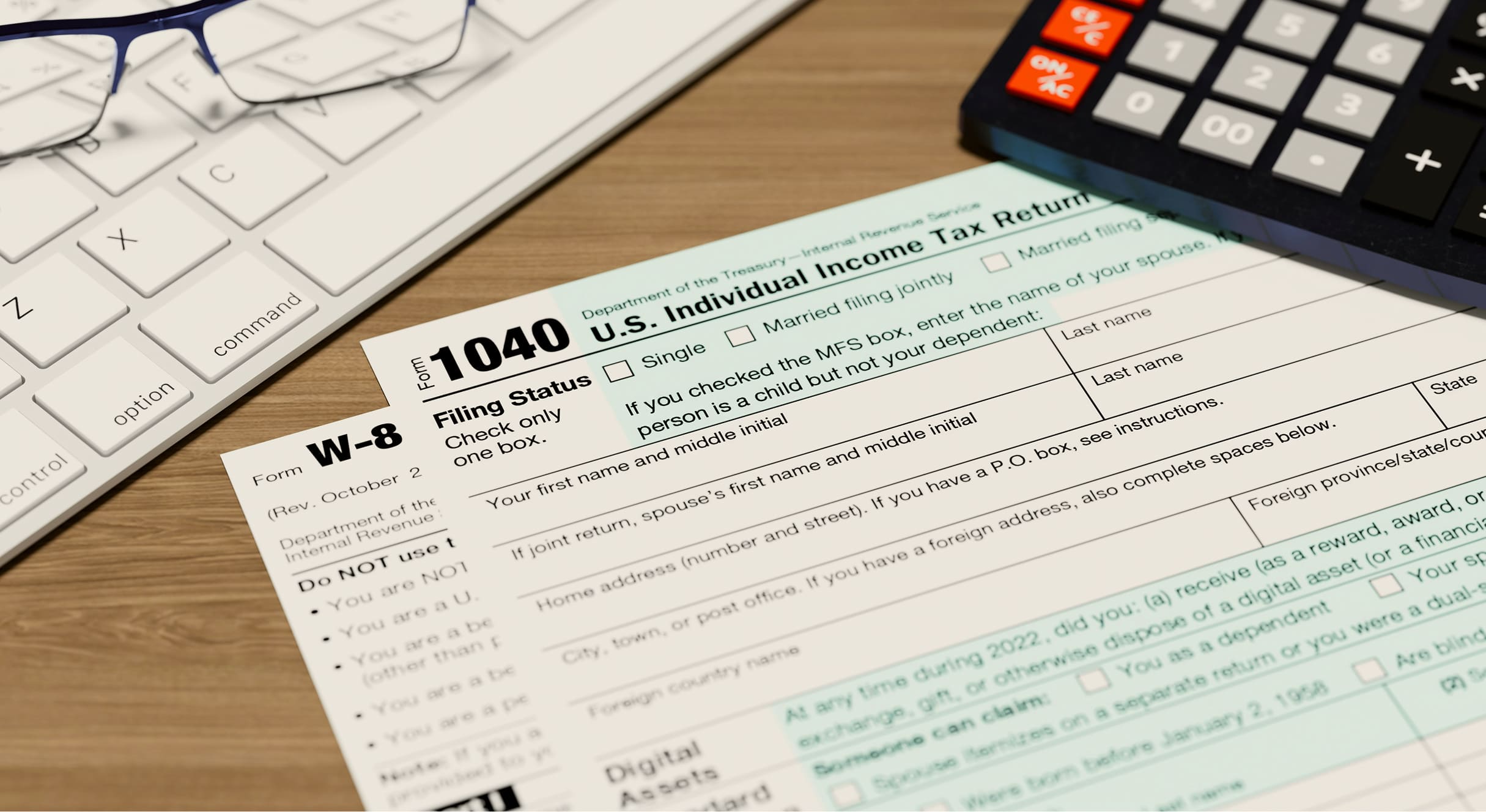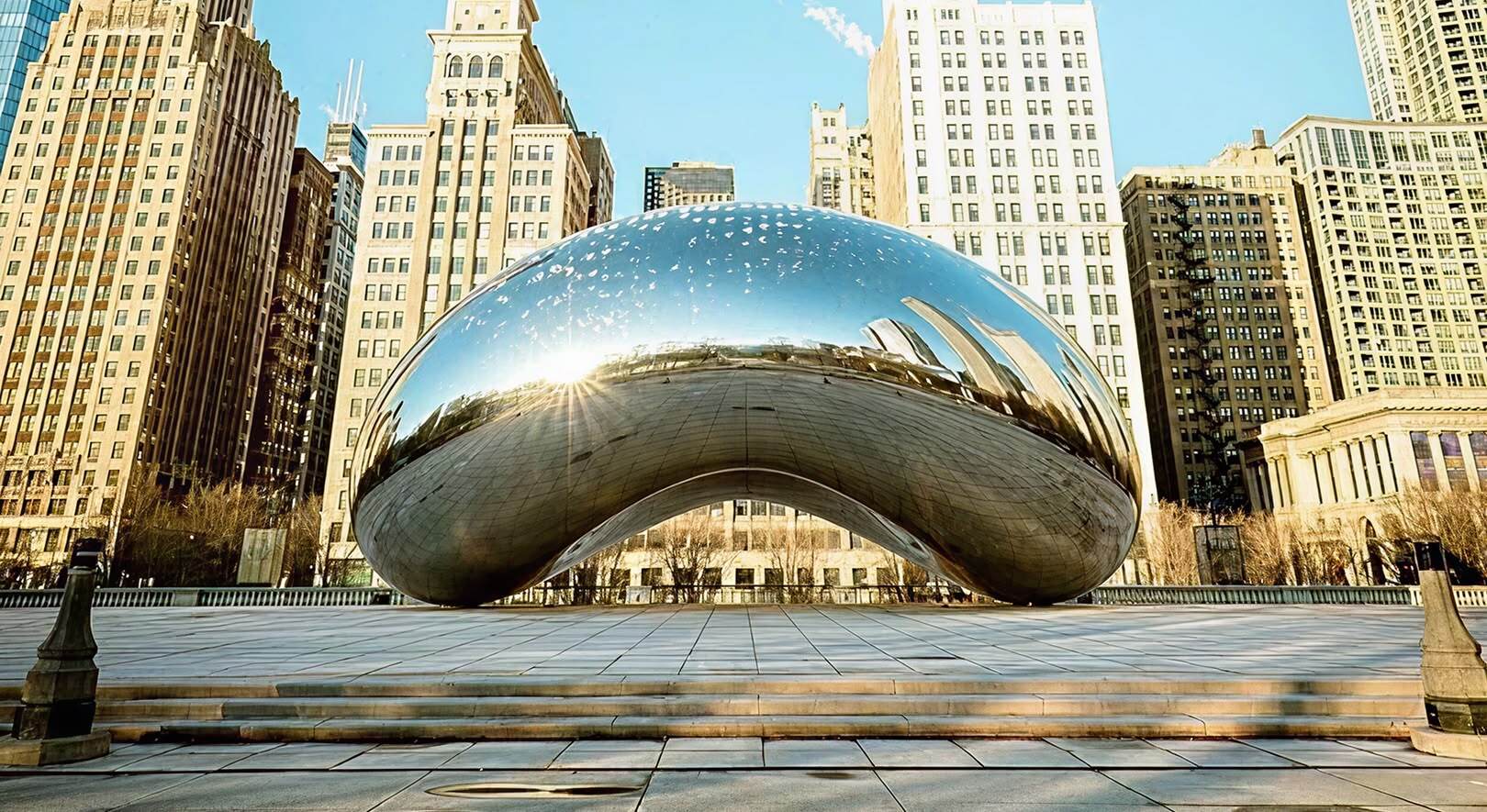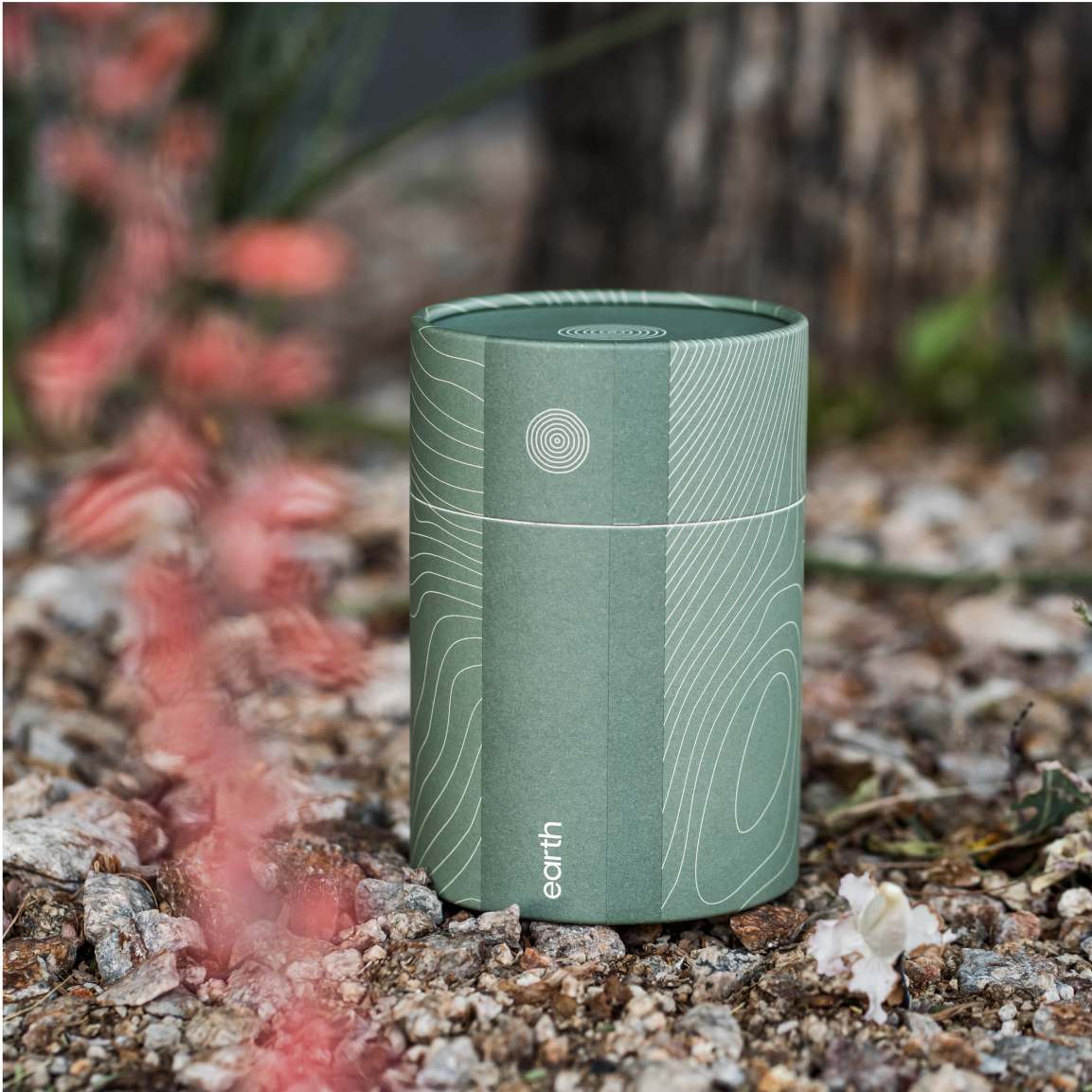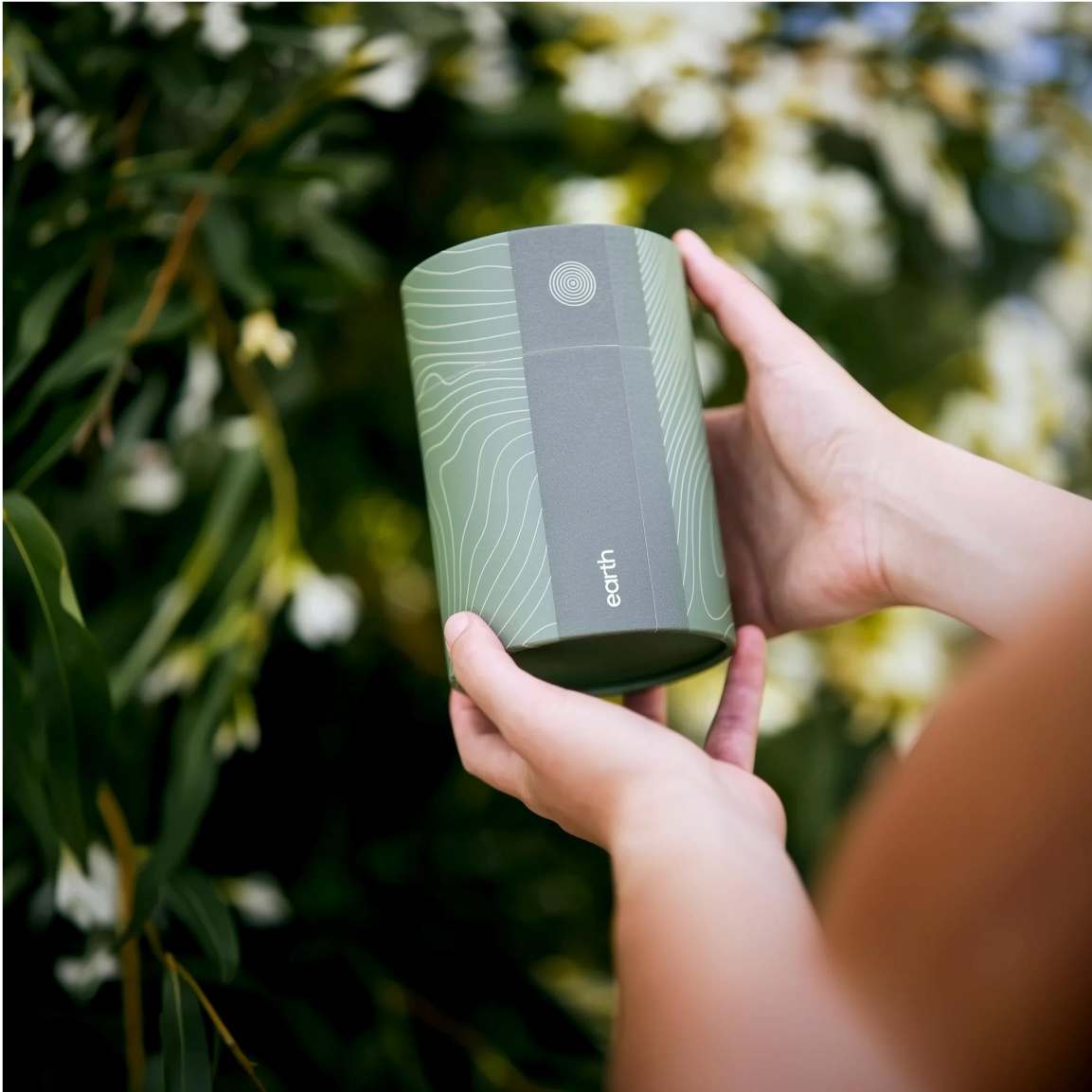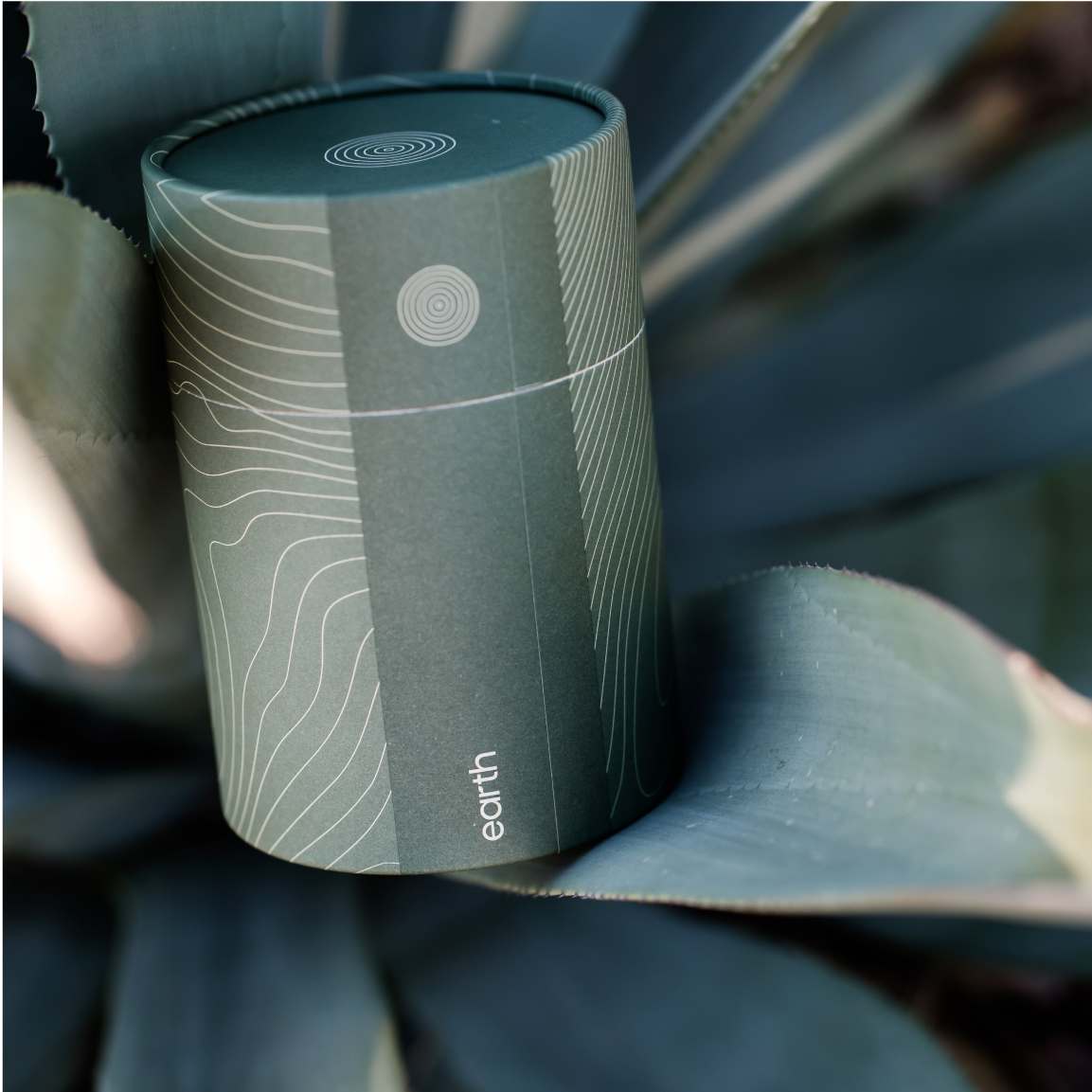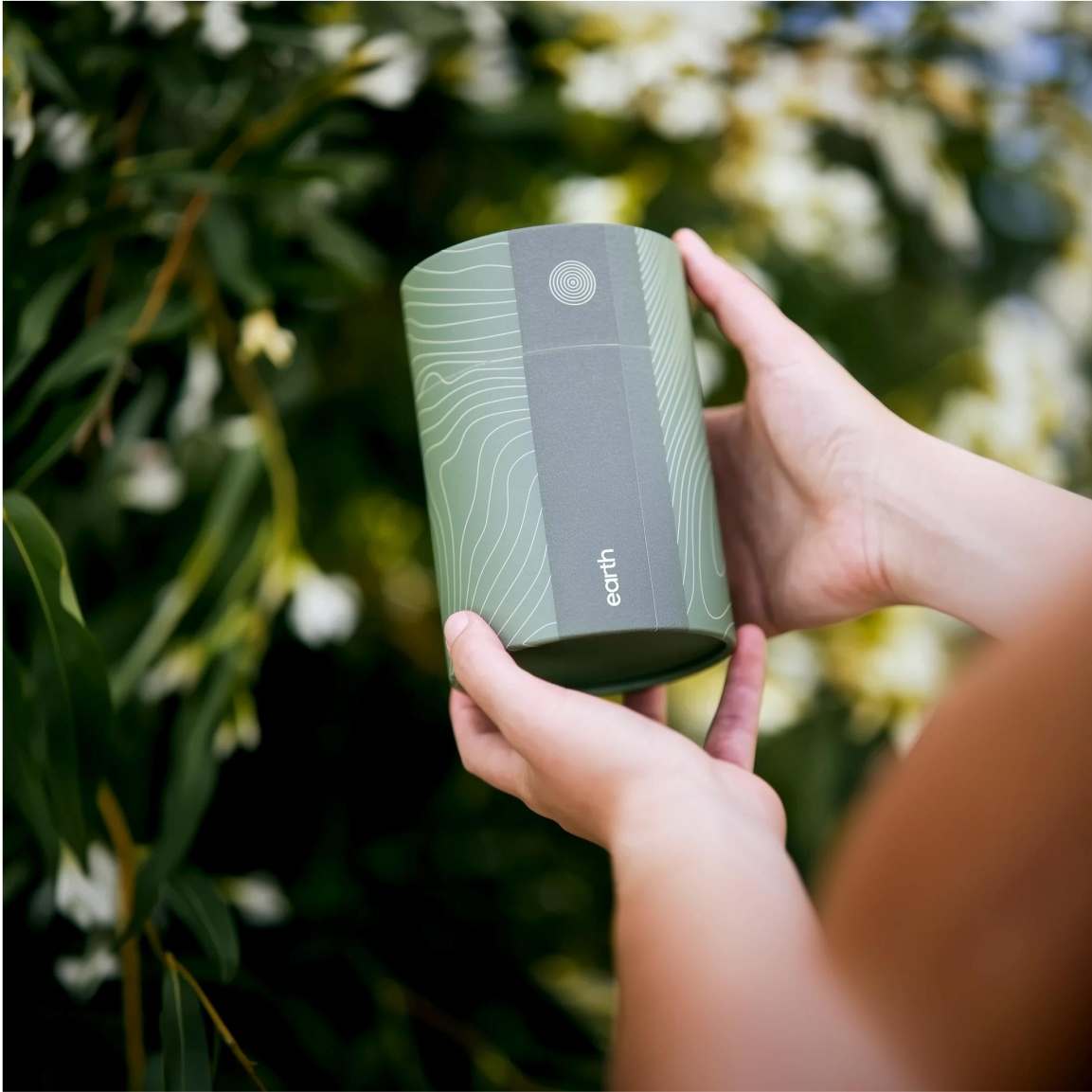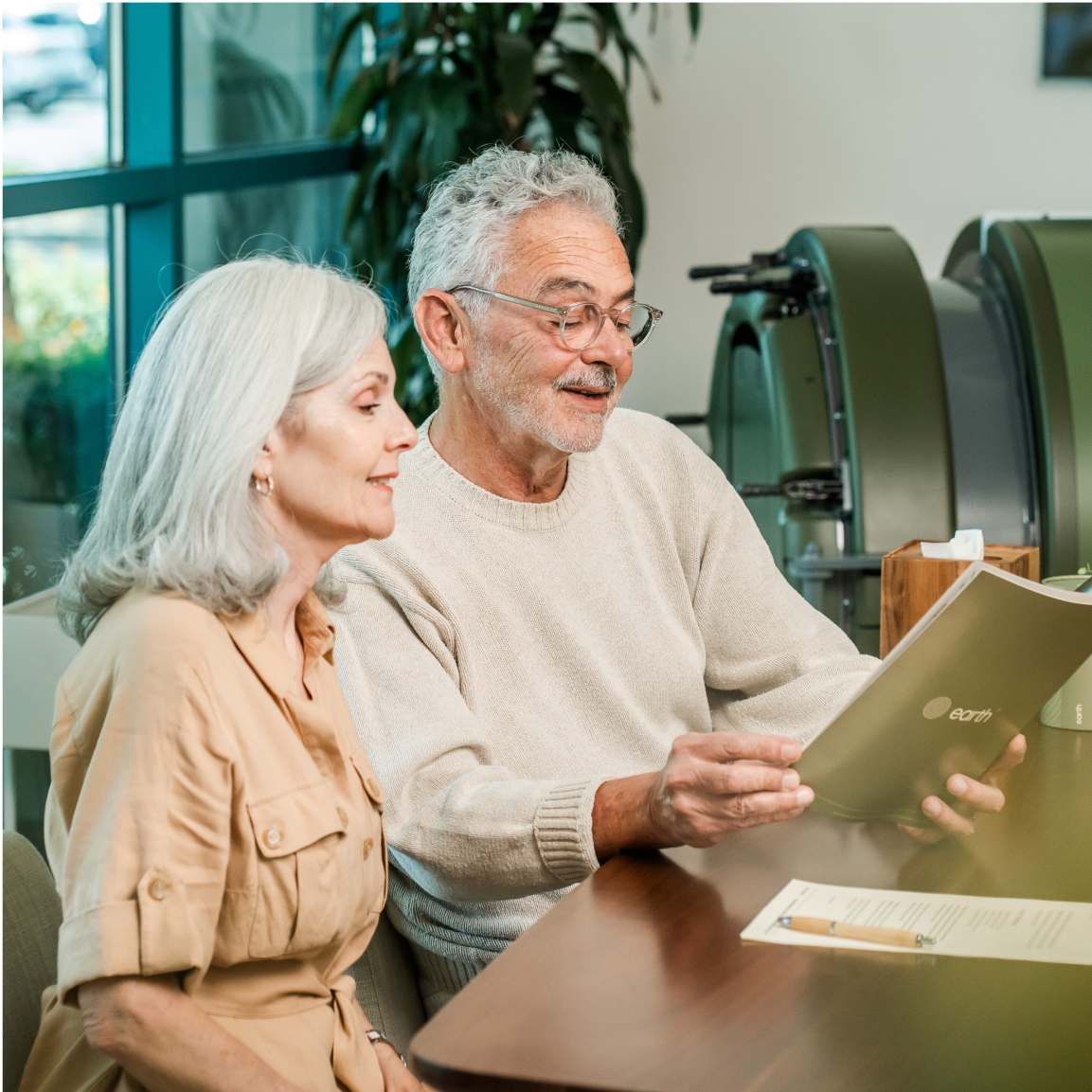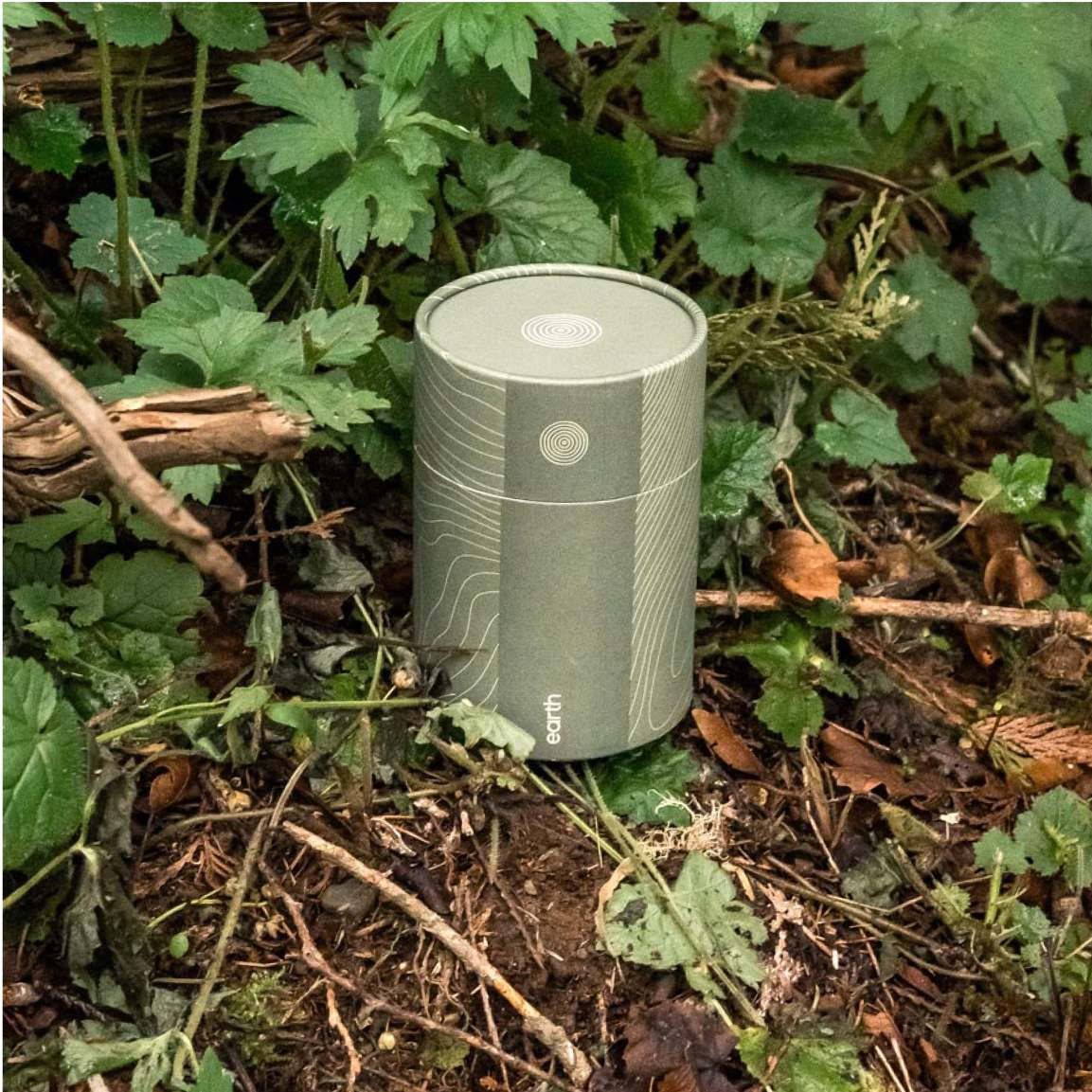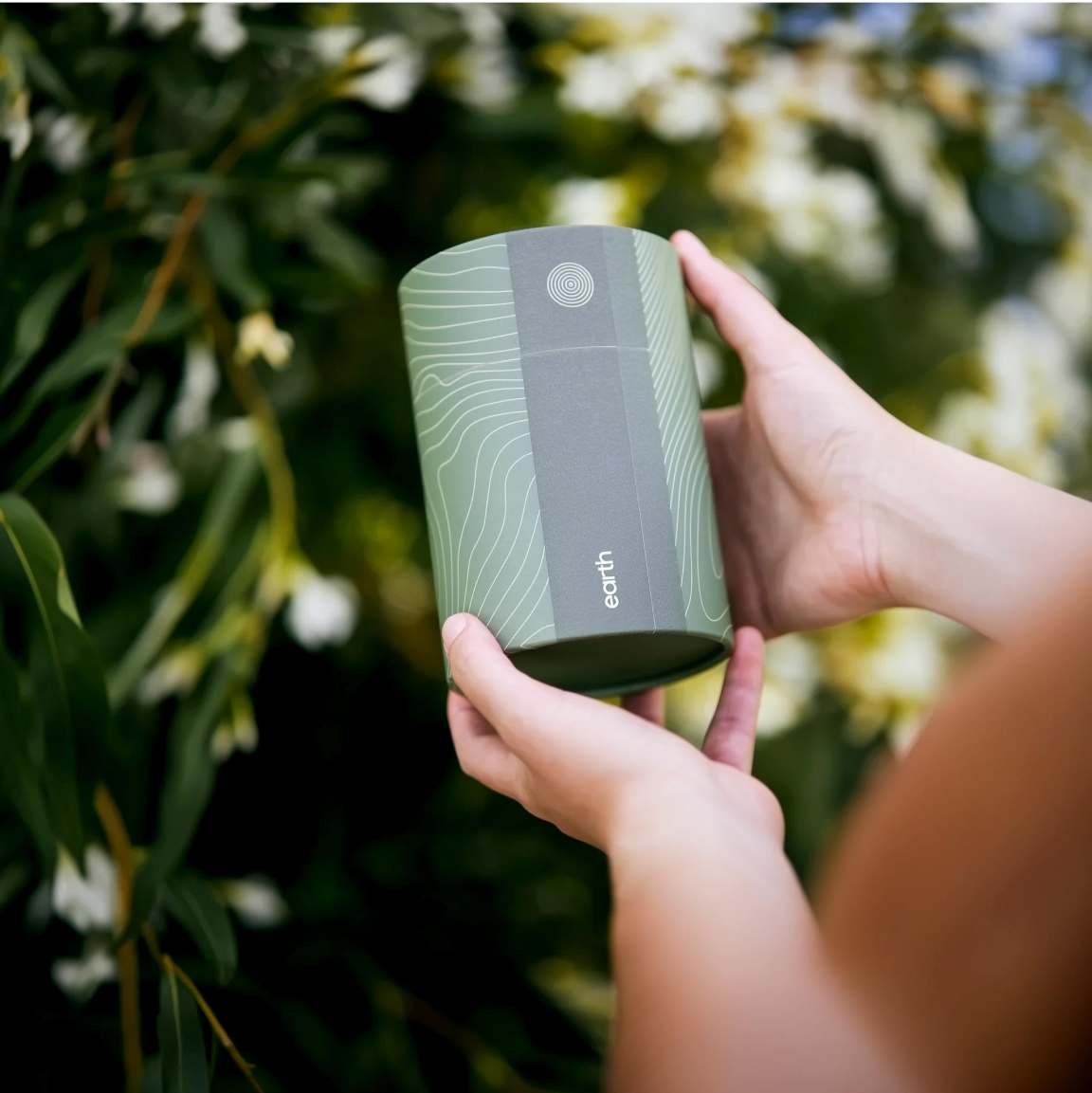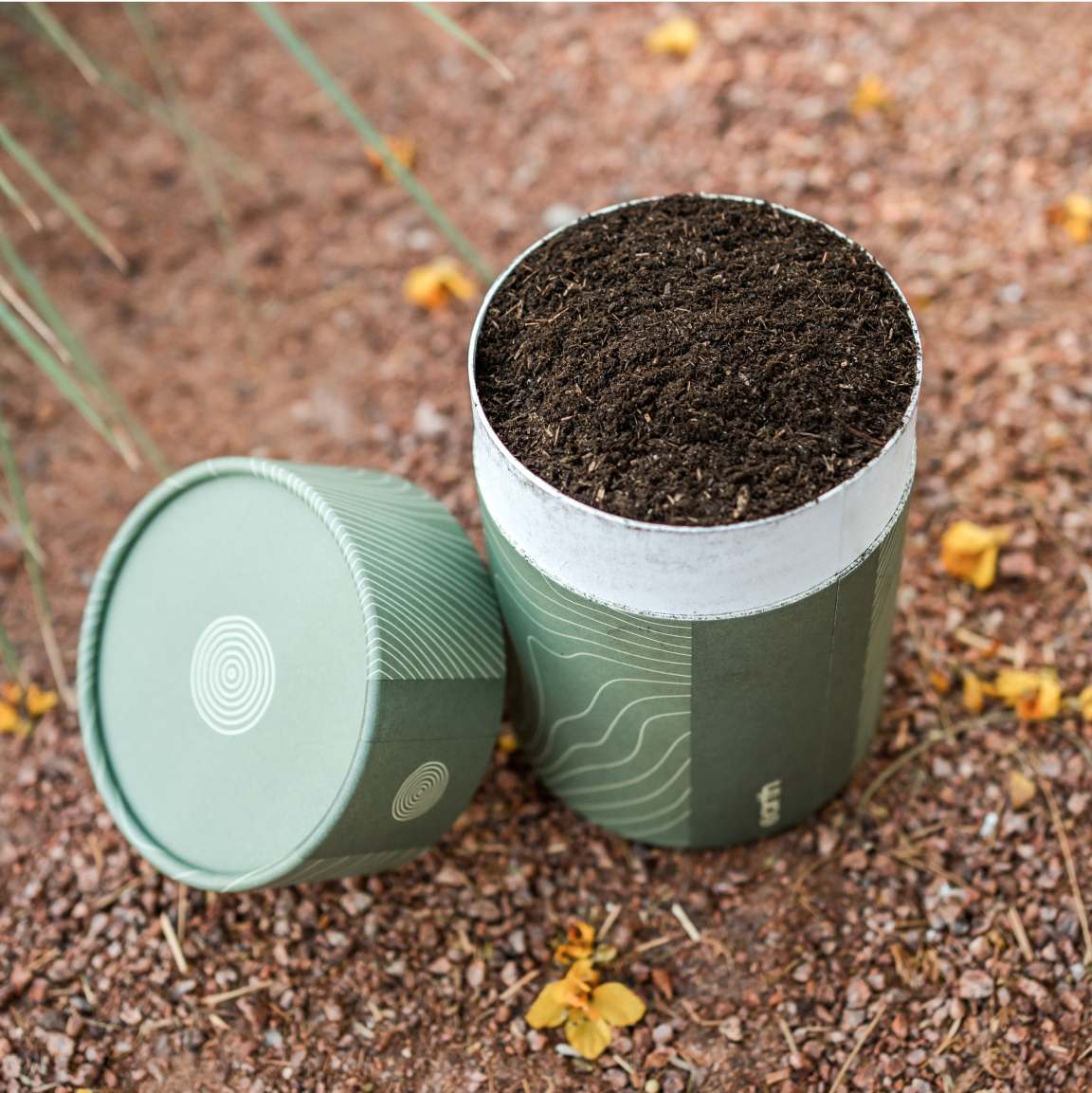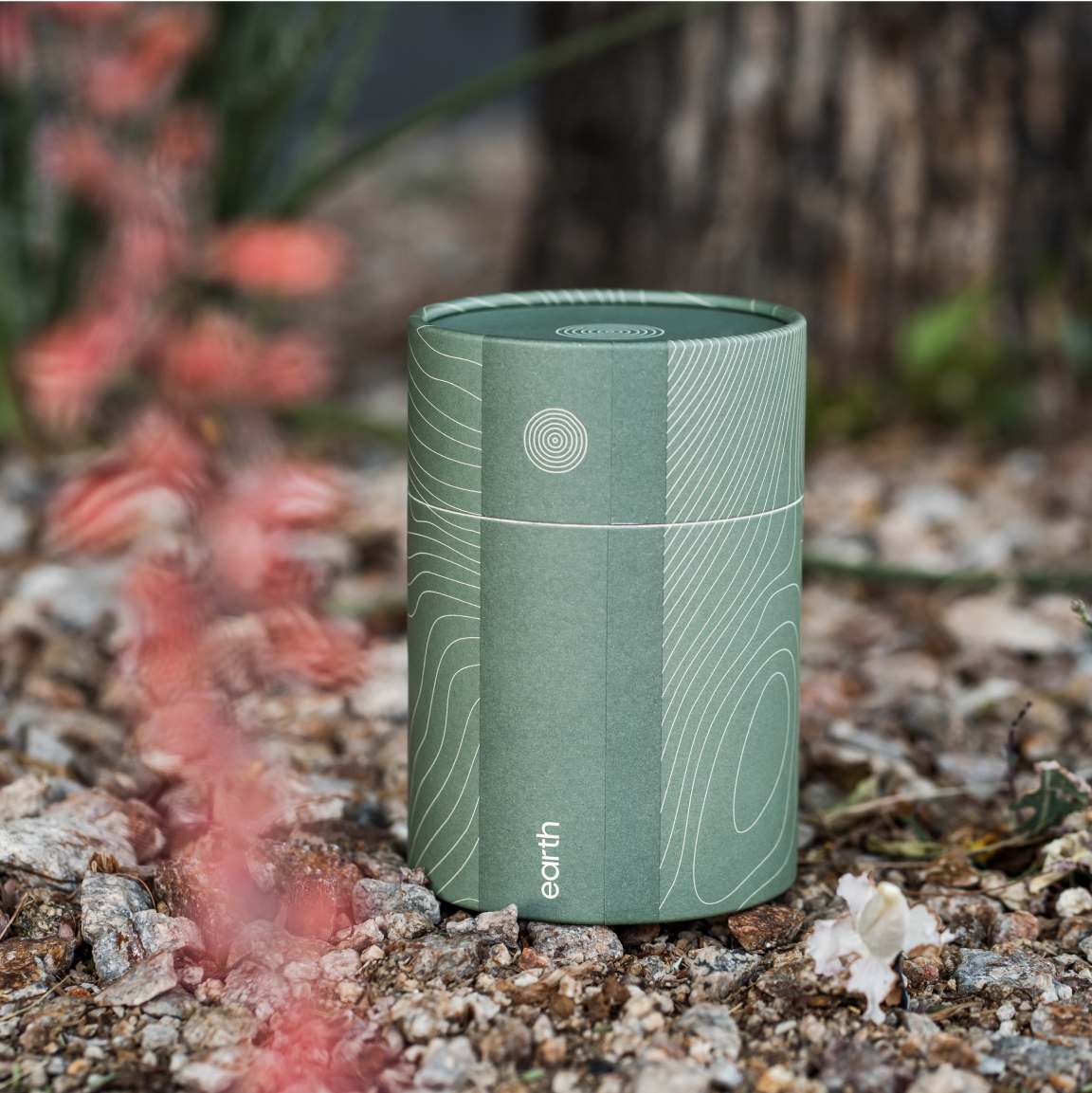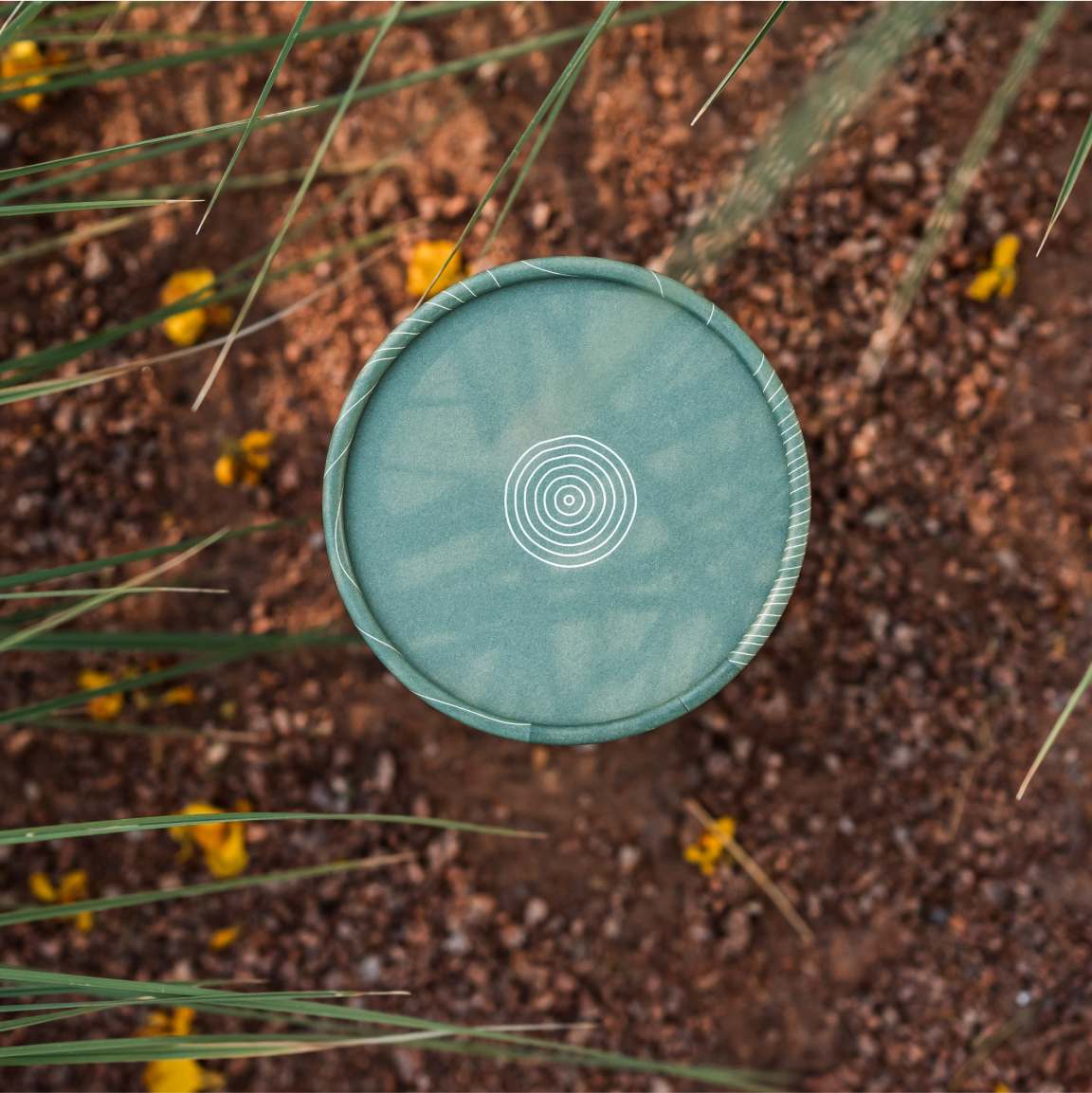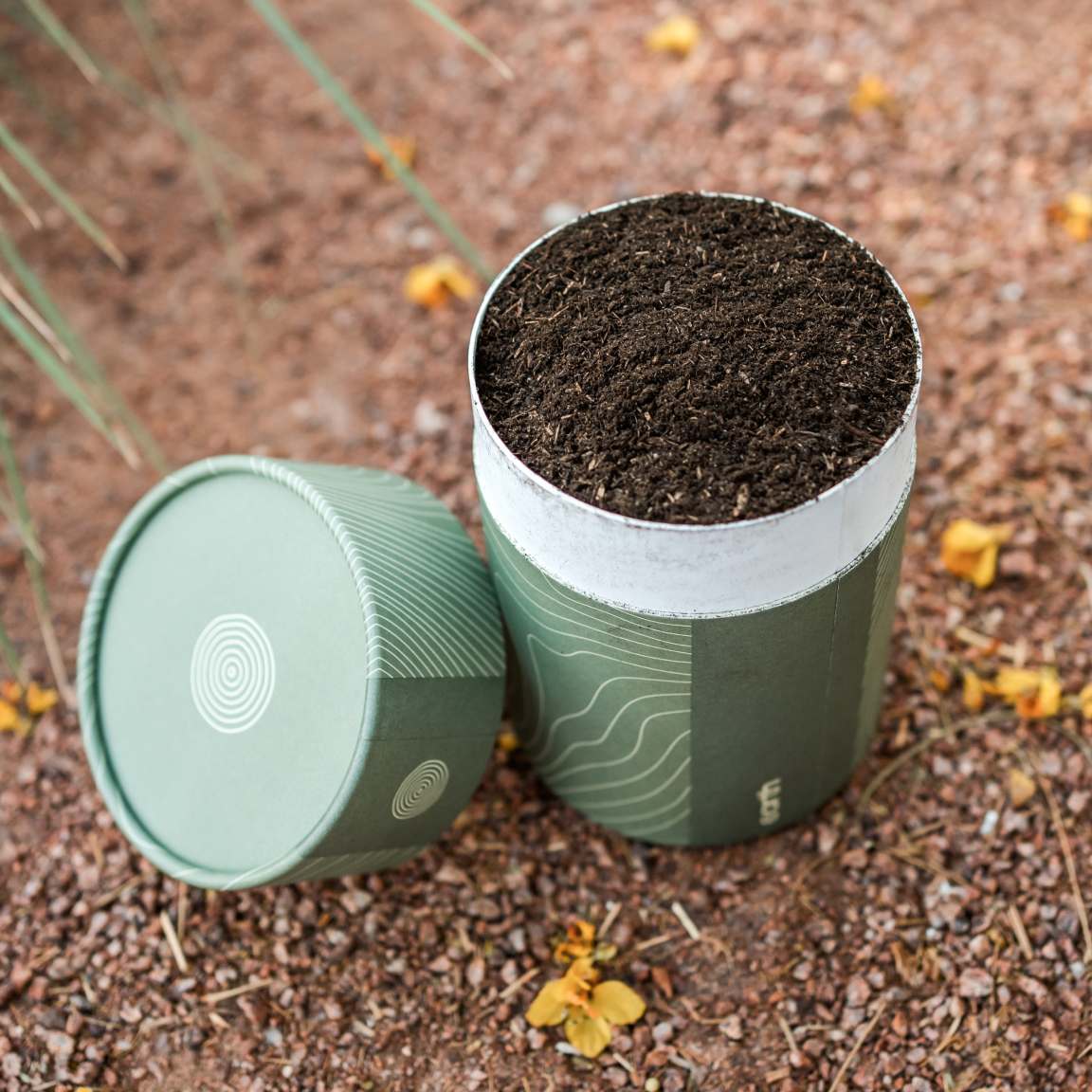
Human Composting 101
|
October 6, 2024
Choosing to be an organ donor is a compassionate act that can save lives and enhance the well-being of many others. At Earth Funeral, we often hear this important question: Can I still choose human composting if I donate my organs?
The answer is yes—you can do both. Here's how it works.
How Does Organ Donation Work?
Organ donation is a process that involves coordination between healthcare professionals and the family of the donor. When a patient is in critical condition, doctors assess the viability of their organs for donation. If the patient passes away, an organ procurement organization (OPO) steps in to arrange the donation and ensure the organs are transferred to those in need as quickly as possible.
Donation can include not only major organs but also tissues and bones. Tissues such as heart valves, tendons, and skin can be donated, as well as long bones, which are often used to help patients with cancer or serious injuries.
In 2023, nearly 40,000 donations were made by deceased donors, helping to save or improve countless lives.
How Do I Become an Organ Donor?
The easiest way to become an organ donor in the U.S. is by selecting the organ donation option when you apply for or renew your driver’s license. If you'd like to update your donor status without a trip to the DMV, many states allow you to register online. Simply visit organdonor.gov, select your state, and follow the registration process. If you use an iPhone, you can also sign up through the Health app.
How Does Organ Donation Impact Human Composting?
Organ donation does not affect your ability to choose human composting. The process of human composting takes the same amount of time for organ donors as it does for non-donors. Once organ donation is complete, Earth Funeral can coordinate with the donation organization or hospital to arrange transportation to one of our facilities. Otherwise, funeral homes are not directly involved in the organ donation process.

When the body arrives at Earth Funeral following an organ donation, the human composting process proceeds without any additional costs or special considerations. In short, organ donation has no effect on how we care for individuals who choose human composting.
What About Full-Body Donation?
Full-body donation involves donating your entire body to a medical institution for research and education. This is a different process from organ donation, serving a distinct purpose. For more details, you can refer to our guide on body donation to science. In most cases, bodies donated for scientific research must be embalmed, which makes human composting no longer an option.
{{CTA}}
How Do I Ensure My Wishes Are Respected?
End-of-life decisions are highly personal and deserve thoughtful care. Many hospitals have trained staff who can guide families through sensitive discussions about organ donation.
The most important step in ensuring your wishes are respected is registering as an organ donor. The U.S. Organ Procurement and Transplantation Network keeps a national registry of donors, allowing hospital staff to confirm your decision easily. If you're not registered, doctors will consult your family about organ donation options. If you prefer not to donate your organs, it's crucial to document your wishes and inform your family.
For human composting, Earth Funeral offers prepaid options that secure your final decision and relieve your family of future financial stress. Our care advisors are available to help you plan and understand all aspects of human composting and end-of-life care.
It’s also important to discuss your end-of-life wishes with your family, including organ donation and human composting. While these conversations can be challenging, they provide peace of mind for everyone involved, ensuring that your wishes are honored when the time comes.

